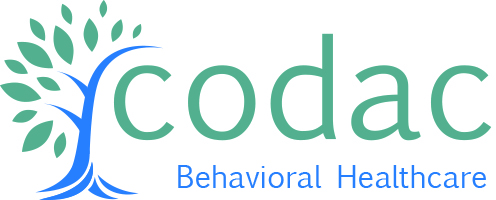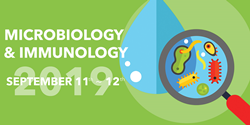Dr. Peter Coleman, founder and National Medical Director for The Coleman Institute shared, “The Coleman Institute continues to focus on making treatment available to those who need it most by partnering with physicians who have the same goals of providing compassionate, patient-focused care.”
RICHMOND, Va. (PRWEB)
September 09, 2019
The Coleman Institute, a leader in opioid addiction treatment, specializing in outpatient detoxification, announced today the addition of a new office in Lake Charles, Louisiana. The Coleman Institute and AppleGate Recovery, both BayMark Health Services companies, are collaborating to expand service options that are proven, live-saving treatments for opioid use disorder (OUD). Dr. Philip Isherwood, Medical Director for AppleGate Recovery, will lead the new service in Louisiana.
The Coleman Institute’s programs utilize medically supervised detoxification to comfortably and safely control the physical withdrawal symptoms that can make recovery from opioid addiction challenging, if not impossible. The combination of convenient, outpatient detoxification and ongoing support, including Naltrexone therapy, provides patients with a comprehensive, individualized treatment plan offering the real opportunity to achieve long-term recovery. Dr. Isherwood and other staff will be offering a full range of treatment services, including six months of after-care services to help patients develop ongoing recovery support systems.
Dr. Peter Coleman, founder and National Medical Director for The Coleman Institute shared, “While access to life-changing treatment options is better than ever before, the effects of the opioid crisis persist. The Coleman Institute continues to focus on making treatment available to those who need it most by partnering with physicians who have the same goals of providing compassionate, patient-focused care. Dr. Isherwood and the AppleGate Recovery team absolutely share those values and are a welcomed addition to the Coleman team.”
Dr. Isherwood cofounded AppleGate Recovery in 2008 but has been treating opioid addiction since 2004. He graduated medical school from the University of Illinois and was an Associate Professor of Clinical Family Medicine at Louisiana State University Health Sciences Center-Shreveport. He was also the Medical Director for an opiate treatment facility in Shreveport, Louisiana and brings a wealth of knowledge about the science of addiction and recovery to his current role. Dr. Isherwood has worked as an Emergency Medicine Physician and is a Colonel in the United States Army Reserves, having served four deployments to Iraq and Afghanistan.
Mike Saul, Division President for BayMark Health Services noted, “Dr. Peter Coleman and Dr. Philip Isherwood are valuable leaders to their treatment teams and excellent physicians to their patients. It is very exciting to be embarking on a new mission to meet our patients where they are at, and offer a variety of treatment options within one location to satisfy their complex and unique needs. These two services, outpatient detoxification and medication-assisted treatment, are now being offered at two locations in both Richmond, VA and Lake Charles, LA and we plan to continue improving patient access to care in a number of additional locations.”
Located at 751 Bayou Pines East, Suite P, Lake Charles, LA 70601, The Coleman Institute in Lake Charles is open 9:00am-5pm Monday, Tuesday and Thursday, 6am-3:00pm Wednesday, 9am-4:00pm on Fridays and Saturday by appointment only.
For more information on The Coleman Institute, or to find a location near you, visit: http://www.TheColemanInstitute.com.
About BayMark Health Services & The Coleman Institute:
BayMark Health Services provides medication-assisted treatment to more than 53,000 patients in recovery from substance use disorder across the United States and Ontario, Canada. Our outpatient programs deliver medically supervised treatment, in a variety of modalities and settings, to meet the diverse needs of our patients who struggle with the use of opioids, alcohol and other prescription and illicit substances. The BayMark continuum of patient-focused services includes: highly structured opioid treatment programs utilizing methadone or buprenorphine and outpatient buprenorphine treatment programs, both of which incorporate counseling as part of an individualized treatment plan for opioid use disorder. Additionally, inpatient detoxification services are offered for a variety of substance use disorders.
For more than 20 years, the Coleman Institute has focused on treating opioid addiction and alcoholism with a unique, outpatient withdrawal management protocol supported by ongoing naltrexone therapy and recovery support.
Share article on social media or email:








